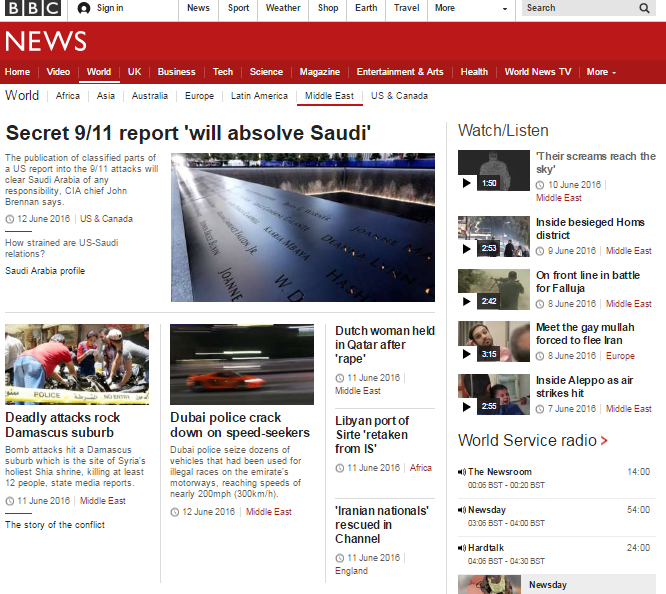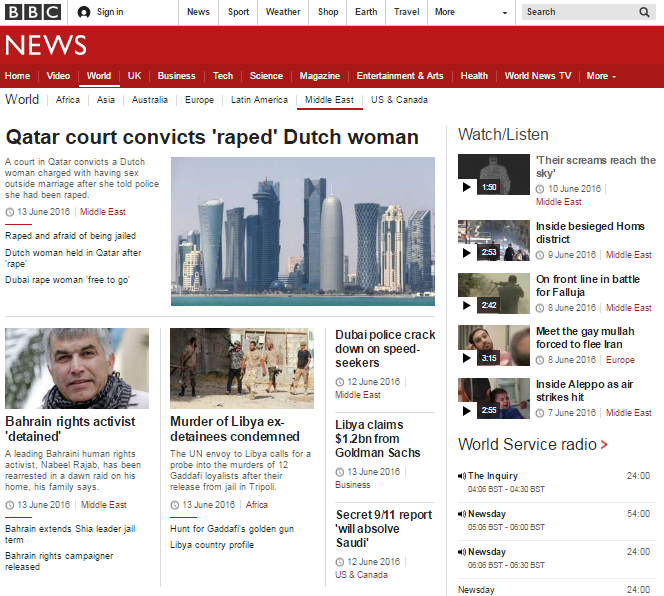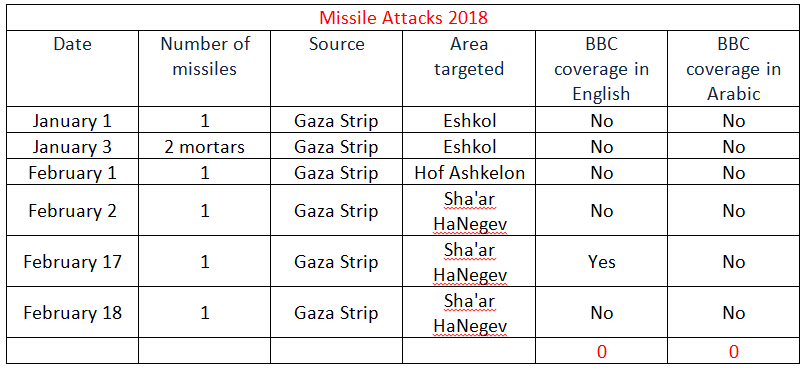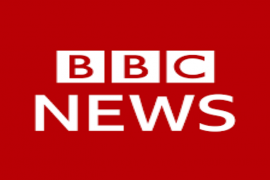One might have thought that a story concerning a terror organisation’s threats against a sovereign country’s banking system would have made at least one headline on the BBC News website but that has not been the case.
On the evening of June 12th a Beirut branch of the Banque du Liban et d’Outre-Mer (BLOM) was targeted with a large bomb.
“Shortly after 8 p.m. Sunday night a loud explosion reverberated throughout the western half of the country’s capital, raising fears a little over a week after Lebanon’s security services announced it foiled an ISIS terror plot.
A 15-kilogram improvised explosive device rigged in a flower pot outside of the BLOM Bank branch in the up-scale Verdun district shattered the glass façade of the building, according to an initial statement by Internal Security Forces (ISF) chief Ibrahim Basbous.
Lebanon’s Red Cross announced that two people were injured by the explosion, one of whom was rushed to a nearby hospital while another was treated at the spot.”
Whilst investigations into the incident are ongoing and no claim of responsibility has been received to date, journalists, analysts and Lebanese officials alike appear to have few doubts concerning the background to the story. As Tony Badran of FDD explains:
“The bombing comes as Lebanese banks, in compliance with U.S. law, began closing accounts of individuals and institutions belonging to or affiliated with Hezbollah. […]
The U.S. Hezbollah International Financing Prevention Act, passed in December 2015, threatened sanctions against individuals and entities found to be financing Hezbollah. This left Lebanese banks with a binary choice – serving Hezbollah or maintaining access to the global economy – and they wisely chose the latter. Unsurprisingly, the banks’ moves provoked Hezbollah’s ire. […]
In a statement by its parliamentary bloc last month, Hezbollah attacked Central Bank Governor Riad Salameh, blaming his institution and “a number of banks” for participating in a “war of annihilation” against it on Washington’s behalf. […]
Hezbollah is now warning of “social instability” as a result of the banking measures. One day before the bombing, the pro-Hezbollah daily al-Akhbar ran the headline: “Hezbollah to banks: Enough conspiring.” The piece claimed that the measures were tantamount to an attack on the organization’s weapons, and its author singled out BLOM while other Hezbollah mouthpieces accused it of “leading the soft financial war on Hezbollah.””
Reuters reports that:
“At a meeting with the finance minister and central bank governor, Prime Minister Tammam Salam said the attack “rose to the level of damaging the national security of Lebanon”.
The banking sector was “the fundamental dynamo” of the economy and “one of the main pillars of the state in light of the paralysis suffered by the constitutional institutions”, he added, according to a government statement.
The central bank is widely seen as one of the only effective institutions in the weak state afflicted by political crisis since the onset of the Syria war in 2011. The banking sector is vitally important to Lebanon as a conduit for billions of dollars of annual remittances that keep its economy afloat.”
The Reuters article also includes the following quote from an anonymous Lebanese banker:
“The banks have no choice. They will not accept not to implement the sanctions because for them their survival is more important. If the Americans say to a bank: ‘you are out of the banking system’, the bank will default because it will be shut down from transactions in dollars,”
But apparently the story of a foreign backed terrorist organization threatening a country’s banking system is not newsworthy in the eyes of the BBC. Below are screenshots of the Middle East page of the corporation’s website the morning after the attack (13/6/16) and the following day.






